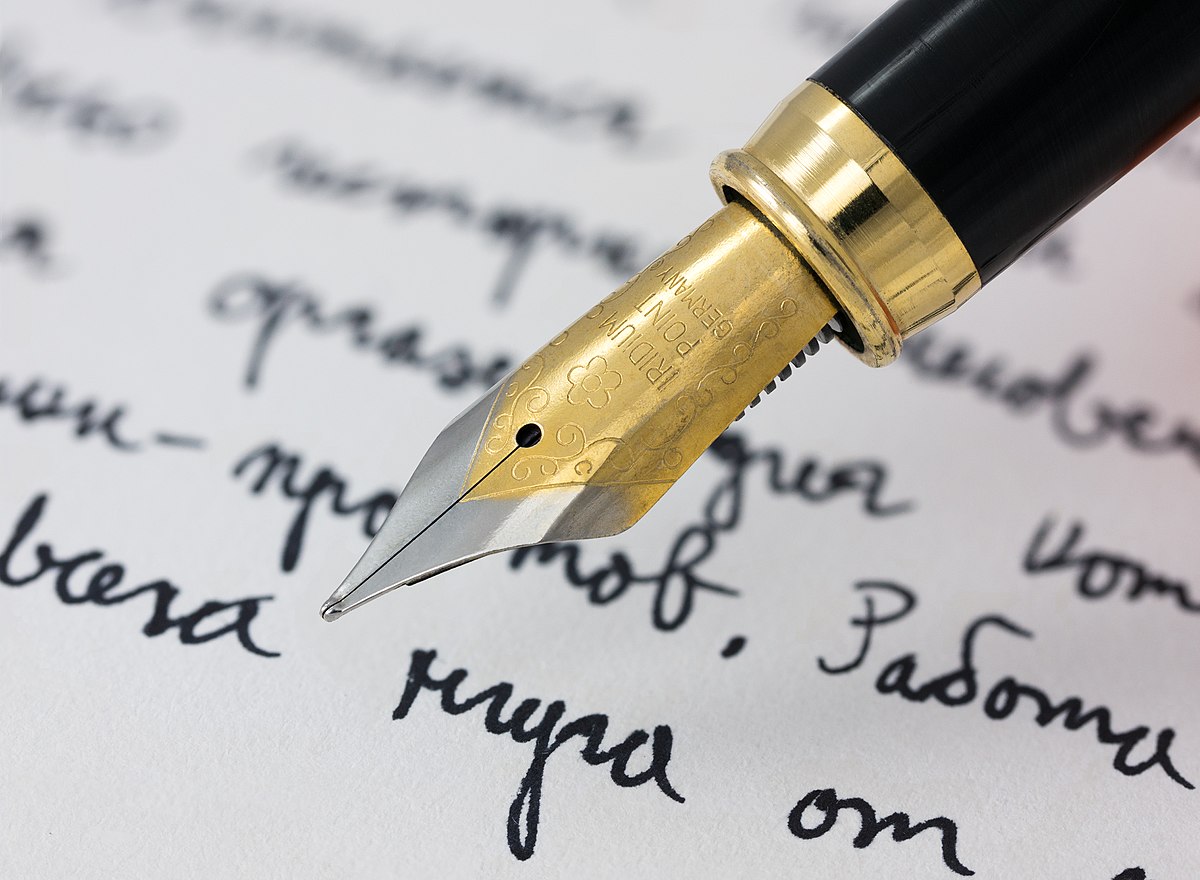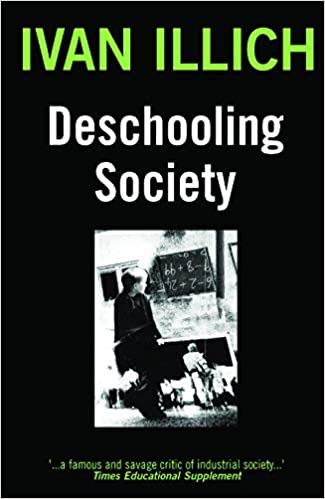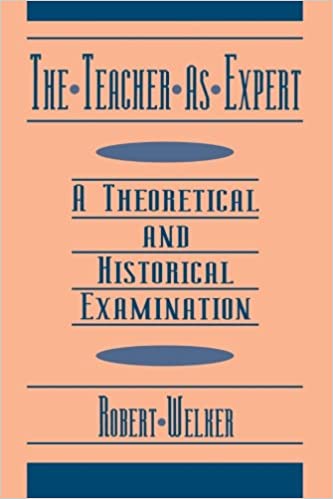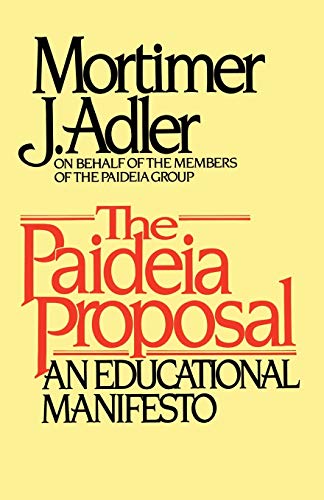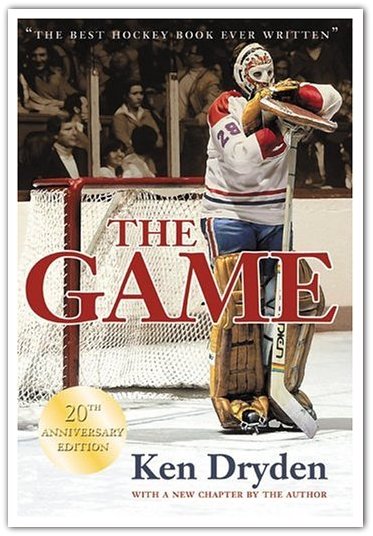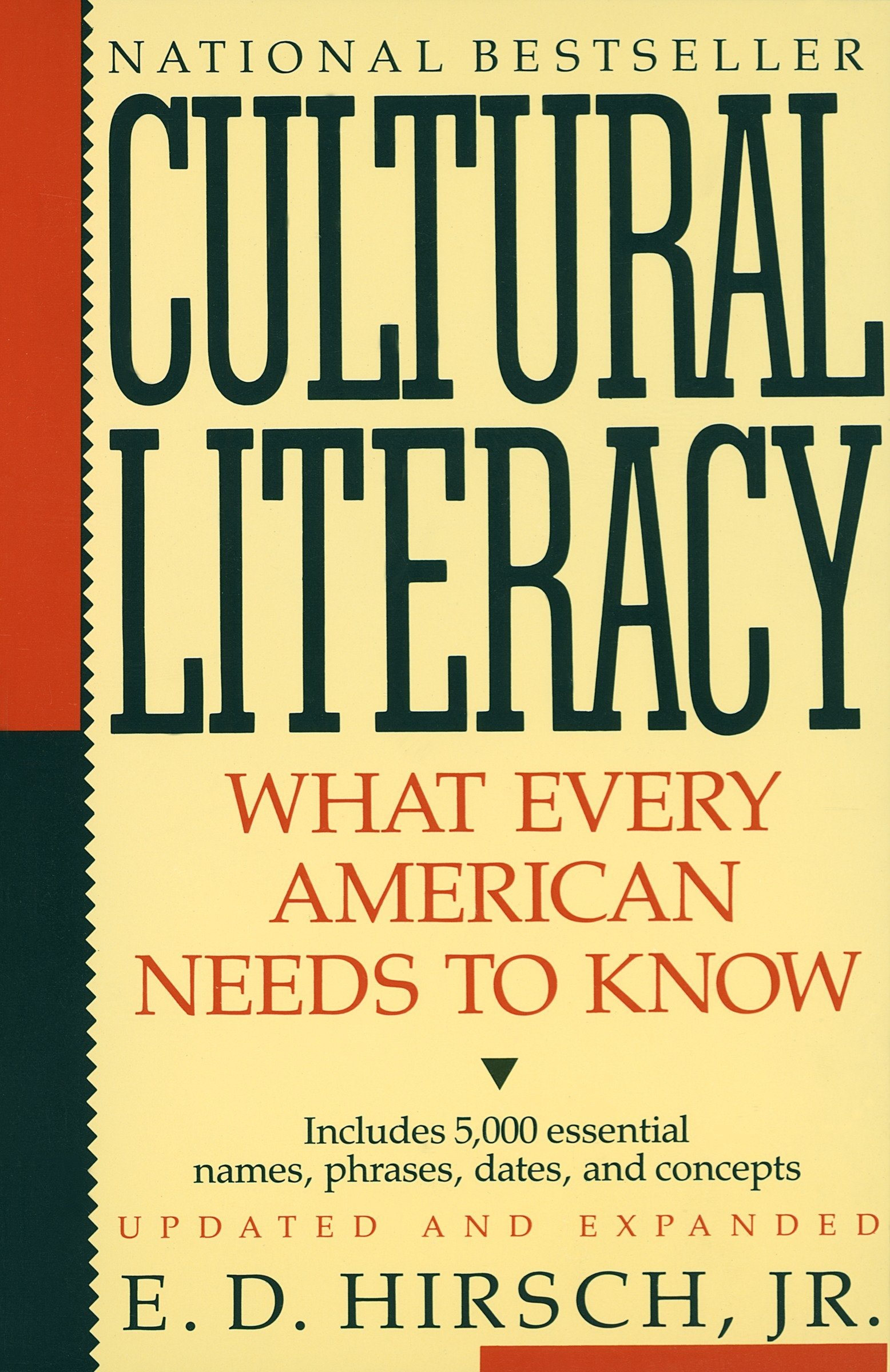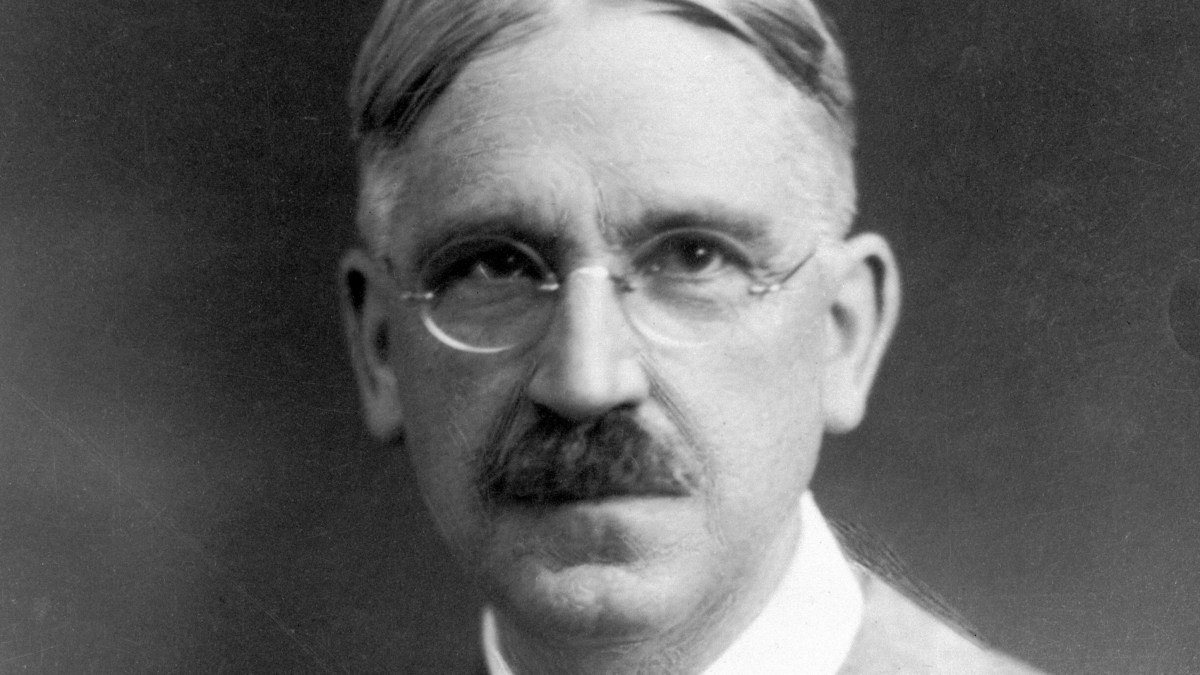The other day, I bought my first pen. I have purchased pens plenty of times, but never bought a specific pen as a deliberate act. I have always chosen my pens rather thoughtlessly — taken whatever was cheap and generic, or accepted whatever was handed to me by the woman who handles the supply closet where I work.
I did, back in 2015, start asking for green instead of red pens. As an English teacher marking up student essays, I worried that red was too harsh. Green was more forgiving, more humane. Did it change the way I graded? Did I become more “green” than “red,” more compassionate, less inclined to slash or stab at tangles of verbiage, leaving a trail of blood? Perhaps I did. Perhaps it was a self-fulfilling prophesy.
It’s always a self-fulfilling prophesy, right?
Continue reading “New Pens”